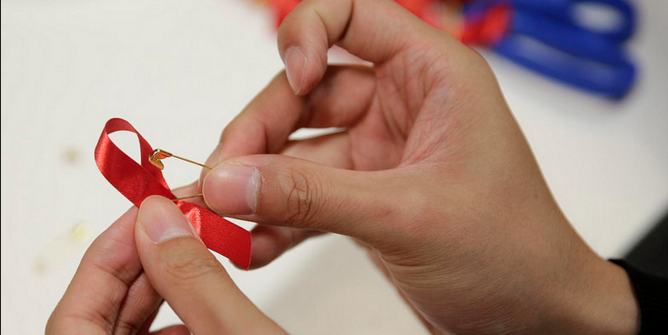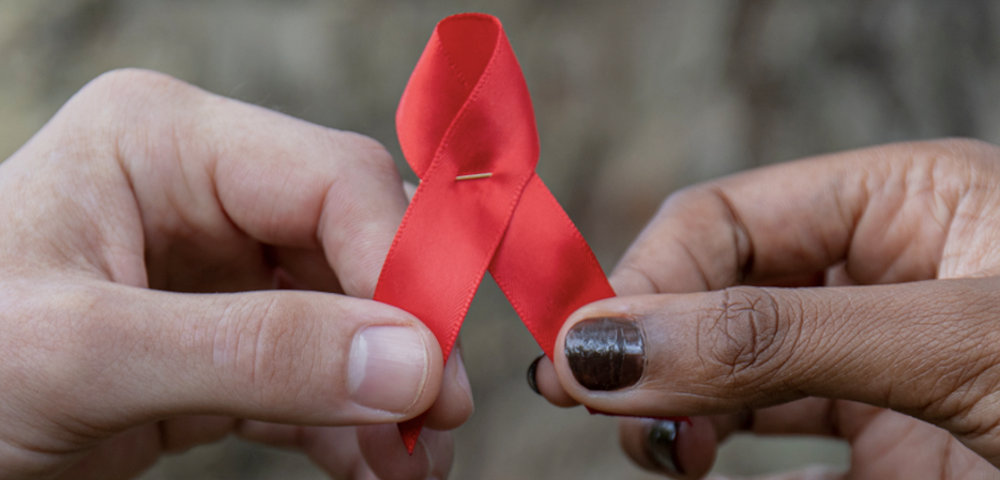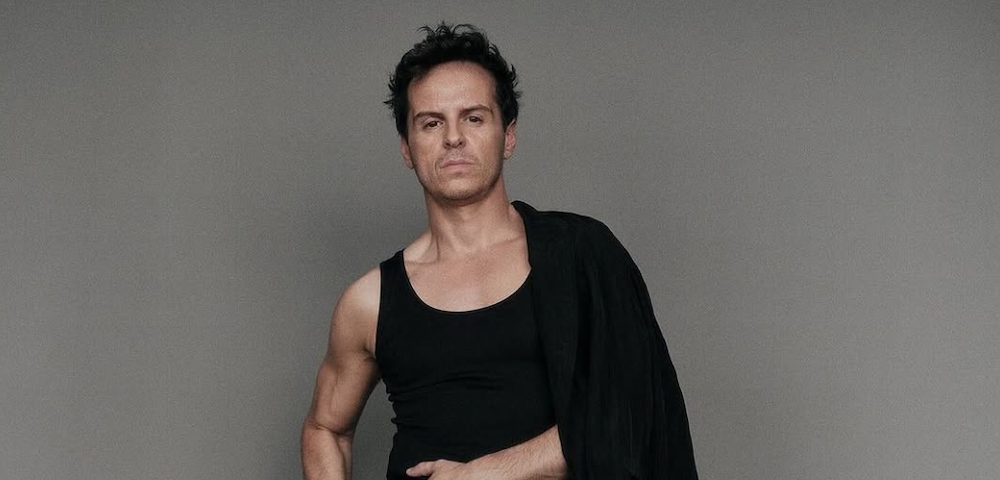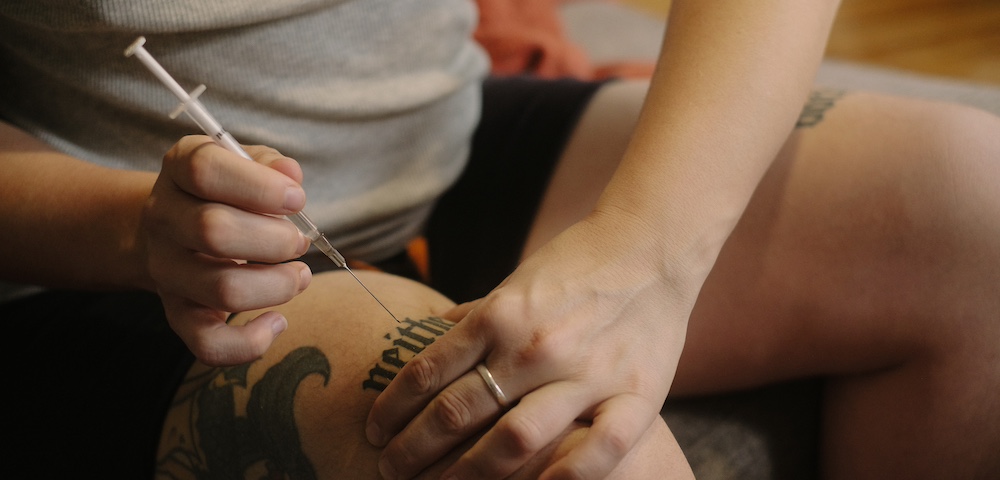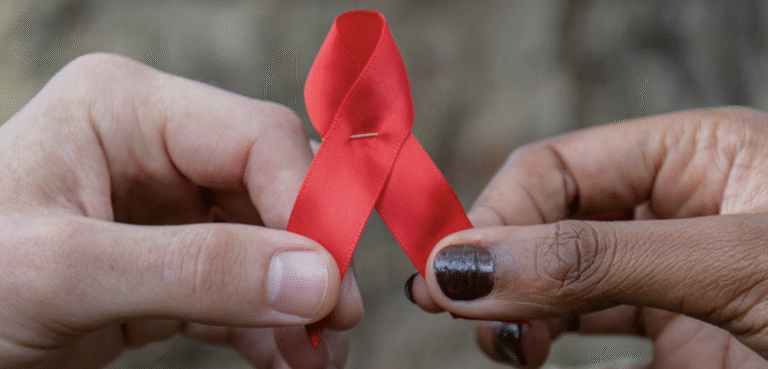
HIV: to treat or not
You may have seen the poster. You know the one — a giant HIV sign flashes ‘Hi’ to a passerby. The caption reads “If you’re living with HIV, start a treatment conversation with your doctor”.
Surely everyone with HIV talks to their doctor.
Well, yes, most of us do. But some of us don’t.
Some people find out they are HIV positive and simply don’t go back to the doctor. In clinical speak, they get ‘lost to follow-up’ and often don’t resurface until their CD4 count hits rock bottom, something goes horribly wrong and they end up in hospital.
Others decide to put off treatment for as long as possible. They may have had a bad experience in the past or heard that all treatments still have hideous side effects and require multiple pills taken numerous times a day.
Some people have been on the same combination and putting up with the same niggling side effects for years. Their blood results are fine and they see their doctor regularly but they don’t like to make a fuss.
We think it’s particularly important for these people to engage more with their doctor, to update their knowledge and gain the benefits of modern HIV treatment.
For those who may not have been positive for long and who have stable CD4 counts over 500, the decision about whether to start treatment can be a little more controversial.
Can treating someone from diagnosis really deter the onset of co-morbidities later in life?
Is Australia lagging behind the United States by not supporting HIV treatment or is it more sensible to delay treatment for those with CD4 counts below 500?
The groundbreaking HPTN052 trial showed a 96 percent reduction in infections among serodiscordant heterosexuals when the positive partner was on treatment, but are these results applicable in this country where most PLHIV are gay men?
In the winter edition of Positive Living we explore these issues.
We also look at our sexual dilemmas and talk to three positive people about their experiences. When is unprotected sex safe and when is it not? Why do so many of us have problems with impotence and sexual dysfunction?
Can taking a pill a day really keep HIV away? Pre-exposure prophylaxis is on everyone’s lips but if you haven’t got HIV are you really going to be adherent? And how adherent do you have to be?
Also on the prevention front, we report back from the Microbicides Conference in Sydney.
Only two years ago, we had scant evidence that a product used before sex could prevent HIV. Since then, a major clinical trial has proved that a gel applied topically to the vagina can reduce the chance of HIV infection.
Next on the agenda are rectal microbicide gels and multi-prevention technologies designed to prevent pregnancy and protect both partners from STIs as well as HIV.
By ADRIAN OGIER
INFO: Positive Living returns to the Star Observer next week. Adrian Ogier is the editor of Positive Living, NAPWA’s health, treatments and research magazine for positive Australians.

